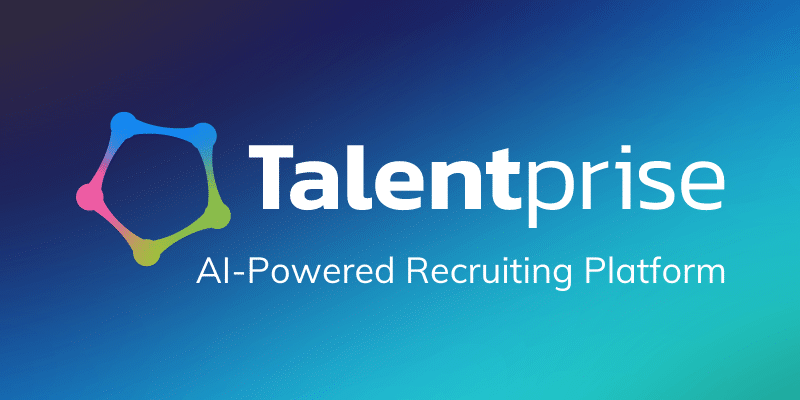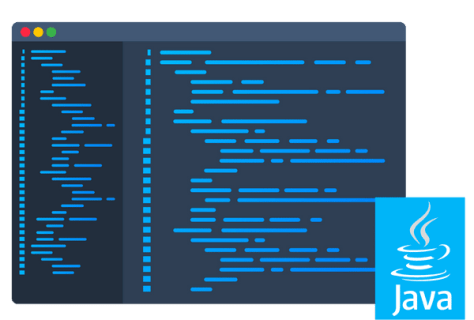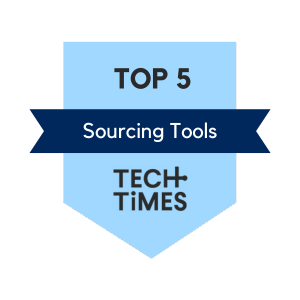Among the top 11 positions that recruiters are struggling to fill, the highly specialized DevOps (Development-Operations) engineer jobs are one. DevOps is also among the top five skills developers are increasingly interested in learning.
Enterprises need DevOps to stay active and relevant in today’s competitive business ecosystem. This has led to the need for qualified software engineers, with DevOps engineers being the most in-demand IT role at digitally-enabled companies.
Here’s how to find DevOps engineer jobs.
About DevOps Engineers
A DevOps engineer is an IT professional with a detailed understanding of the software development lifecycle. They must facilitate collaboration between an IT organization’s development and operations teams to increase productivity.
With a wide-ranging knowledge of both the development process and operations, they prepare the infrastructure design to run the application. They must also have a basic understanding of configuring firewalls and securing the app.
Roles and Responsibilities
A DevOps engineer must collaborate with software developers, quality assurance professionals, and other IT staff. Some of the roles and responsibilities include:
- Project planning, including writing documentation for server-side features
- Design tools and processes for managing infrastructure
- Software development and deployment
- Quality assurance/testing
- Security and automation
- Maintenance and troubleshooting to ensure a smooth run of production systems
Job Titles

A DevOps job title indicates one who understands the need for cooperative information exchange. Organizations that work with DevOps engineers have the following titles for them:
DevOps/Platform Engineer Position
DevOps engineers or platform engineers oversee and support the platform used for DevOps operations. In addition, they support the platform’s infrastructure comprising in-house development and other managed services.
Build Engineer
A Build and Release engineer ensures that build and deployment goals are met in a fast-paced environment. They manage code, maintain builds, create new builds, manage and deploy software automation solutions, and ensure the satisfaction of configuration requirements.
A senior DevOps engineer is often a build engineer who can occasionally be in a hybrid role like the configuration manager or UX designer.
Reliability Engineer
The site reliability engineer ensures the quality of orchestration and integration of tools required to support daily operations. It involves masterfully patching existing infrastructure with cloud solutions and data storage infrastructure.
Release Manager
A Release engineer/manager oversees the development pipeline, guiding individual and release schedules. Coordination with the build engineer and other teams helps the release manager ensure goals are met.
Data Analyst
Using existing and user data, a data analyst must consider the critical patterns impacting user design and other design concerns. Often an entry-level position, data analysts turn into Data Scientists on their career path.
Product Manager
In an operations position, the product manager, with organizational and management skills, is responsible for collaborating with the development team to ensure a high-quality standard of the products.
Prerequisites and Qualifications
The following qualifications are considered for a DevOps engineer:
- A Bachelor of Computer Science or related degree focusing on software development.
- A Postgraduate degree and/or industry certifications, like Master of Engineering (Software), Graduate Certificate in Computer Science, or PMI Agile Certified Practitioner (ACP), is an impressive add-on.
Knowledge about cloud technology, scripting and programming languages, and agile principles are desired for DevOps engineer jobs. It’s advantageous to be familiar with DevOps tools like:
- AWS
- Linux
- Pipelines
- Git Version Control System
- Kubernetes
- Jenkins
- Terraform Configuration Management
- Ansible Configuration Management
- Powershell Programming
- Programming languages like Java, Python, etc.
A DevOps engineer with excellent soft skills and technical skills is a valuable asset to any organization. They’re required to mediate and collaborate with various IT teams for effective functioning.
Strategies

To ensure you have better chances of getting hired as a DevOps engineer, it would help to adopt the following strategies:
1. Programming Knowledge and Linux Fundamentals
A DevOps engineer is required to debug code, integrate database changes, and automate the development and deployment process. Proficiency in programming or scripting languages like Python, Perl, Ruby, etc., is essential for this role.
Similarly, DevOps engineers are required to know OS concepts and Linux.
2. Understand Version Control (Source Code Management Skills)
Build your knowledge on Git and Git workflows and GitHub. Version control systems help maintain backups on the remote repository and handle human mistakes while keeping track of all code modifications.
3. Knowledge of Software Configuration and Deployment
You must know the software or application configuration and deployment process. Automating the deployment process is required to enhance consistency, reliability, and accurate delivery.
4. Understand CI/CD Pipelines
The most important thing for DevOps engineers is understanding the Continuous Integration/Continuous Delivery (CI/CD) process. While CI deals with code integration by developers into the shared repository’s main branch, CD automates the validated code’s release to a repository.
5. Knowledge of Monitoring, Automation, and Other Tools
Familiarity with DevOps and monitoring tools (like Splunk, Nagios, etc.). With automation being key to the DevOps process, it helps to know about the automation of source code management, configuration, and deployment.
6. Knowledge of Cloud Service Providers
Most organizations utilize Cloud Services like AWS, Google Cloud Platform, and Microsoft Azure, among others. DevOps engineers need to learn about Cloud Services and Providers.
Salary Expectations
According to Glassdoor, DevOps engineer salary ranges between $80k – $200k/year, with the average being $110,797/year.
As per Builtin reports, the lowest salary for a DevOps engineer is $56k, and the highest is $325k, with the average base salary being $126,646/year. On ZipRecruiter, the average DevOps engineer salary is $114,359/year, ranging from $42k to $163k.
Payscale reports an average salary of a DevOps engineer as $99,234/year, with a range of $67k – $143k.
Finding DevOps Engineer Jobs
Apart from the top five companies that use DevOps, which are Amazon, HP, Etsy, Netflix, and Adobe, there are many others, like Accenture, IBM, Cognizant, SAP, London Stock Exchange Group, and more, that hire DevOps engineers.
There are several platforms to find suitable DevOps jobs, with one of the leading ones being LinkedIn. You can create job alerts on LinkedIn to stay updated with recent openings. Upon doing this, you can receive the latest job alert and apply sooner.
Other equally good platforms include Glassdoor, Upwork, Angel, Toptal, and Indeed, to name a few.
Summing It Up
The job role of a DevOps engineer comes with interesting technical challenges – the engineer must troubleshoot production issues, code implementation, and deploy automation. It’s a highly versatile profile and requires the engineer to be knowledgeable about a range of concepts, tools, and languages.
Talentprise is a Skill-driven, AI-powered talent sourcing platform. Helping job seekers in the IT industry land the job they love and deserve, while enabling tech companies to find the best fit candidates for their business.

Are you an IT professional looking for DevOps Engineer jobs? Sign up for a free account.
For recruiters, click here to kick off your simplest tech recruitment journey to hire highly skilled DevOps Engineers (fulltime/part time/freelancing).

Editorial Team
Our team is fueled by a passion for crafting valuable content that enriches the experiences of our users, customers, and visitors. We meticulously select meaningful and unbiased topics ranging from tips and guides to challenges and the latest in technology, trends, and job market insights. All curated with care and affection!








